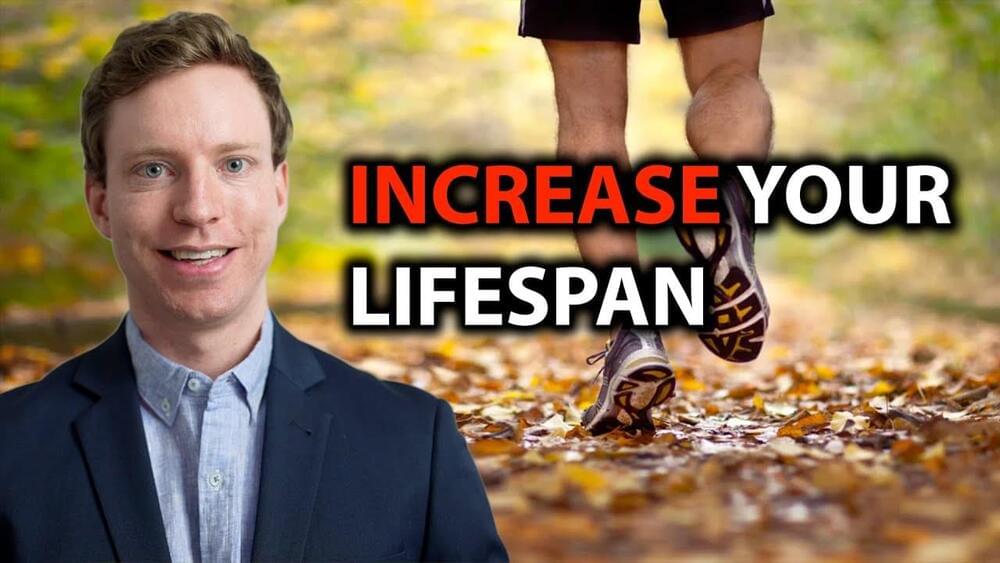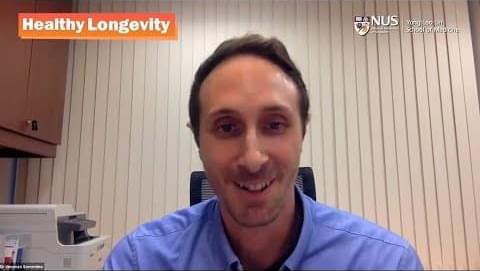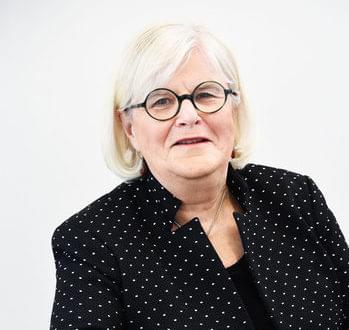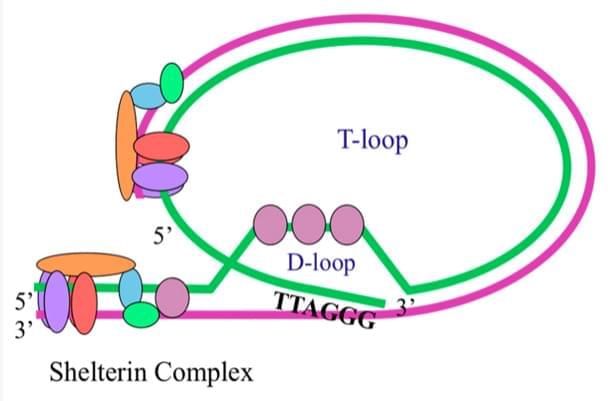Jan 8, 2023
How To Have A HEALTHY 105-Year Lifespan (Soon 120-Years)
Posted by Montie Adkins in categories: biotech/medical, information science, life extension
Great advice here. I follow much of it; my diet is good though there is a little bit of processed stuff in it. I do not drink or smoke. Interesting that Dr Stanfield has a rapamycin human trial going.
We have the tools available today to have a healthy 105-year lifespan, and I’ll summarise it all in this video. Plus at the end we’ll go through the emerging therapies in the longevity space that will push us towards a healthy 120-year lifespan.
Continue reading “How To Have A HEALTHY 105-Year Lifespan (Soon 120-Years)” »

















